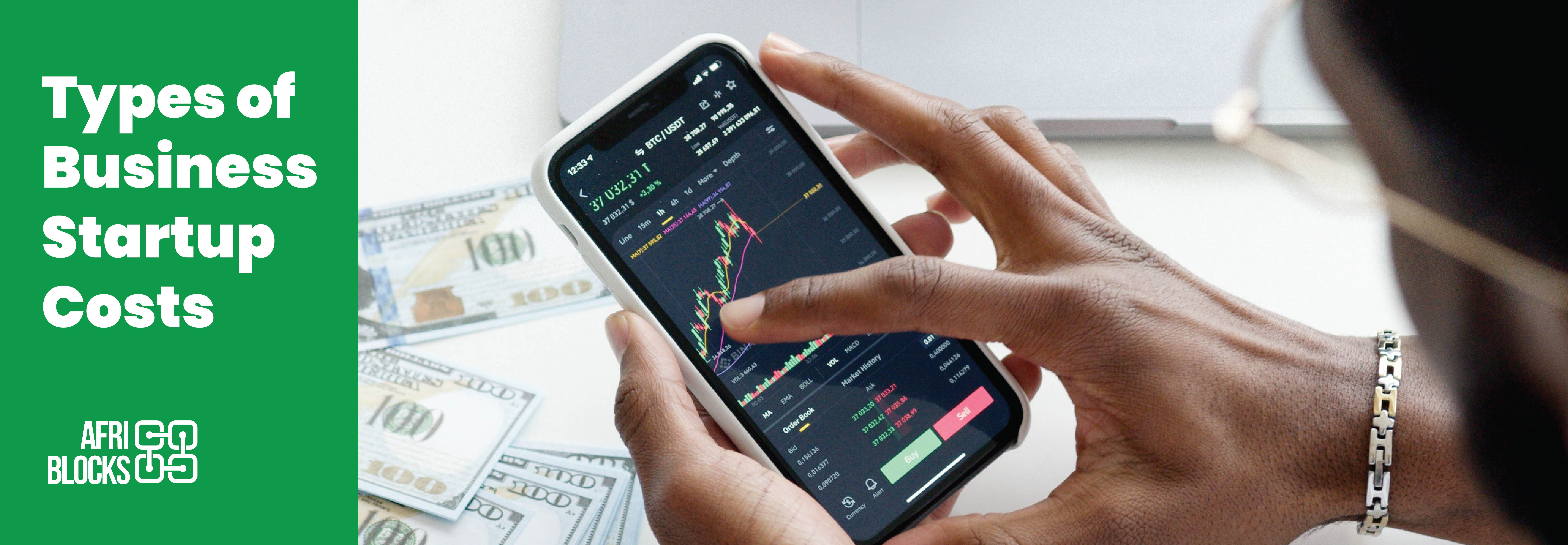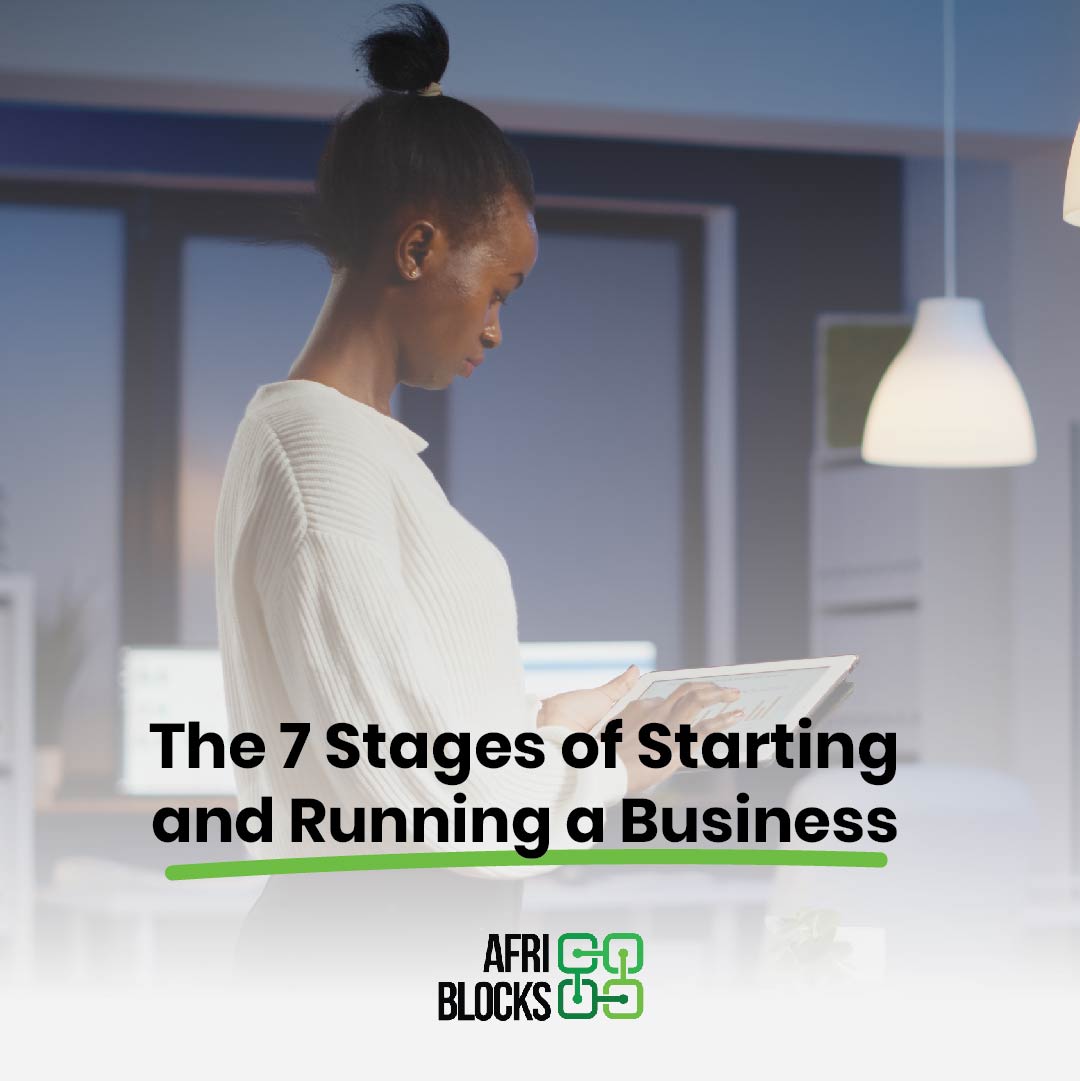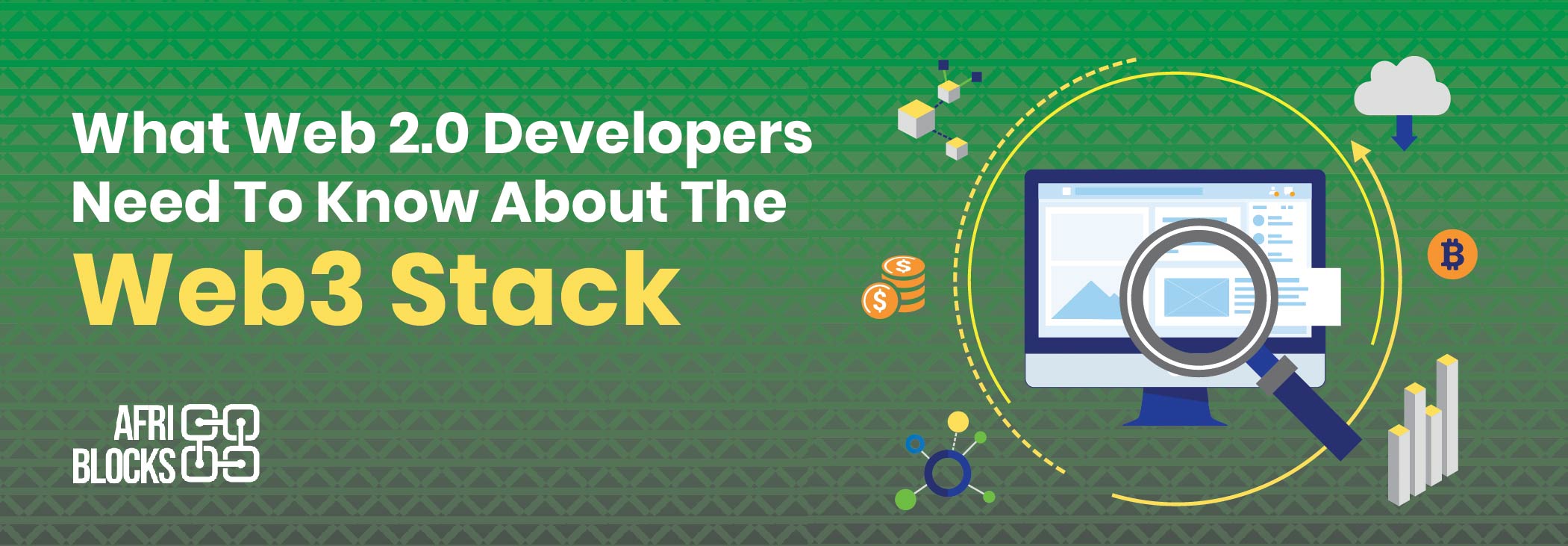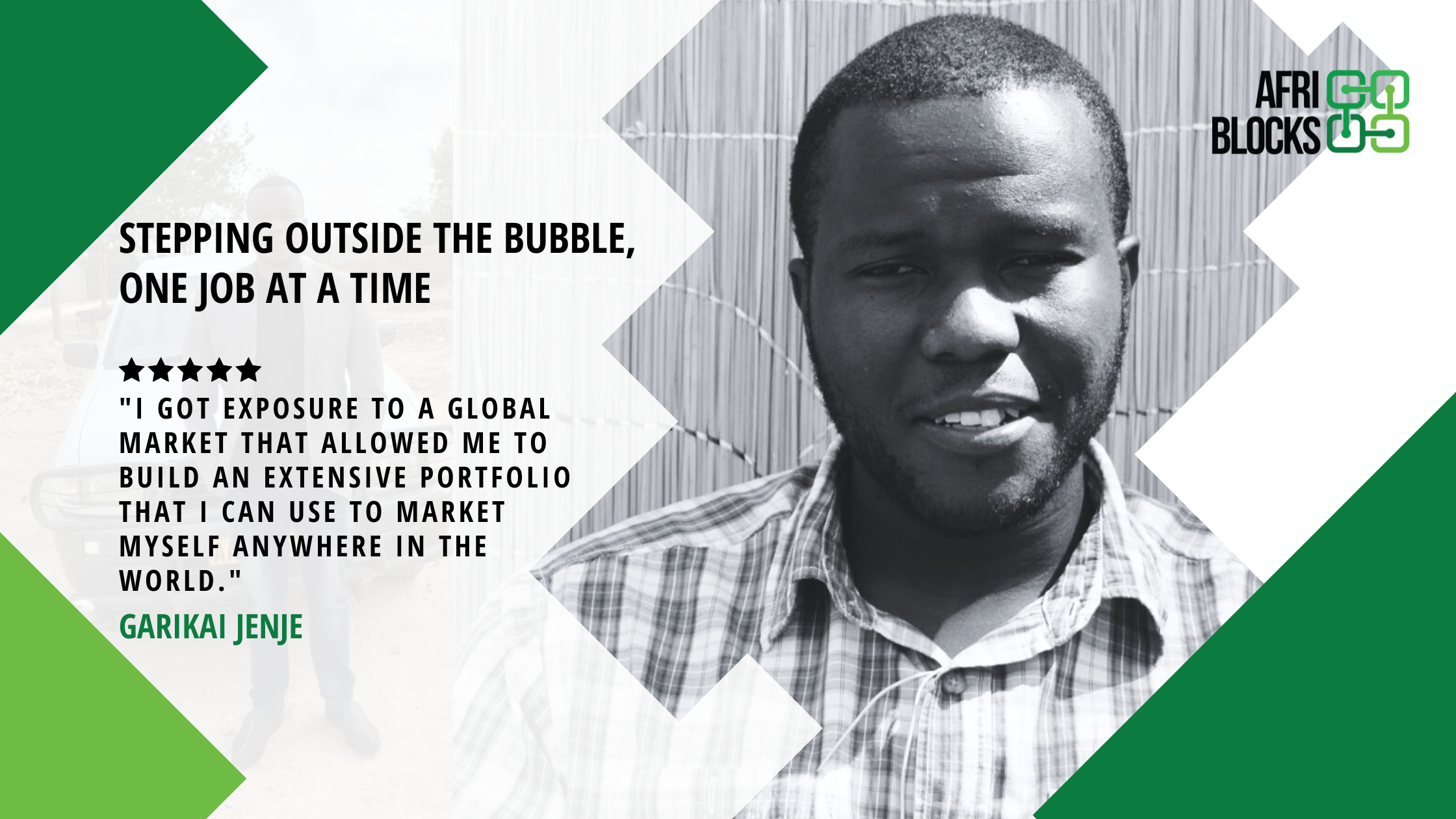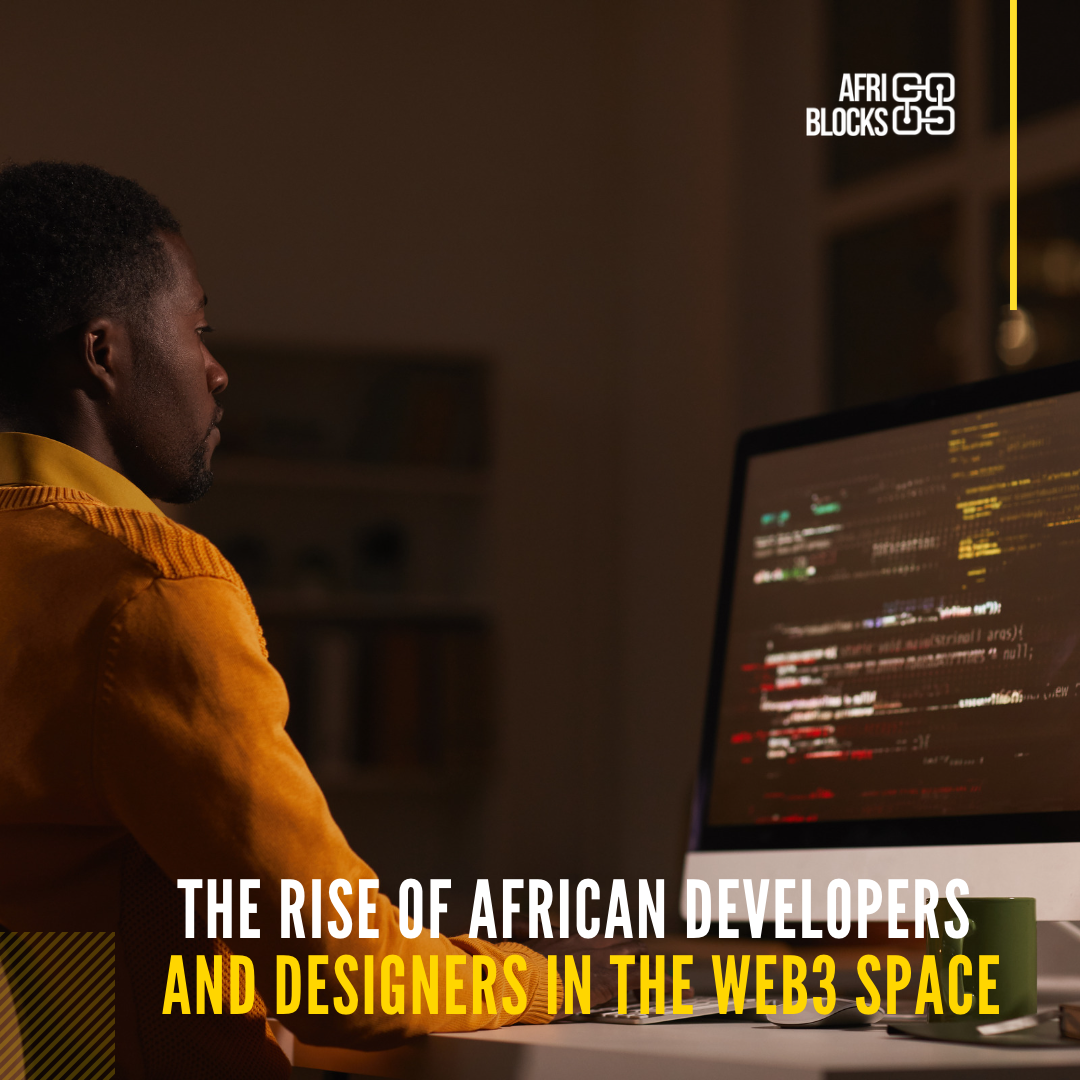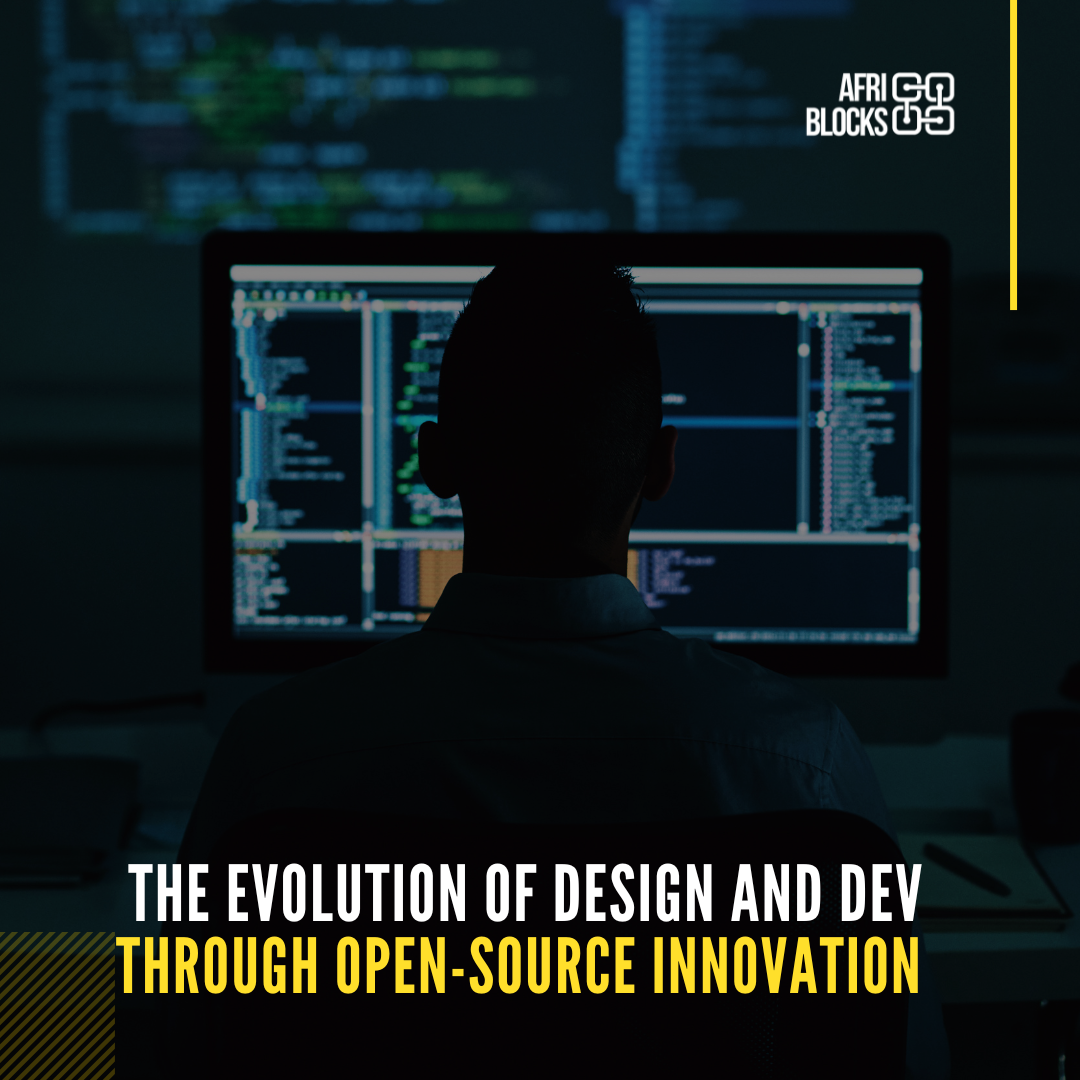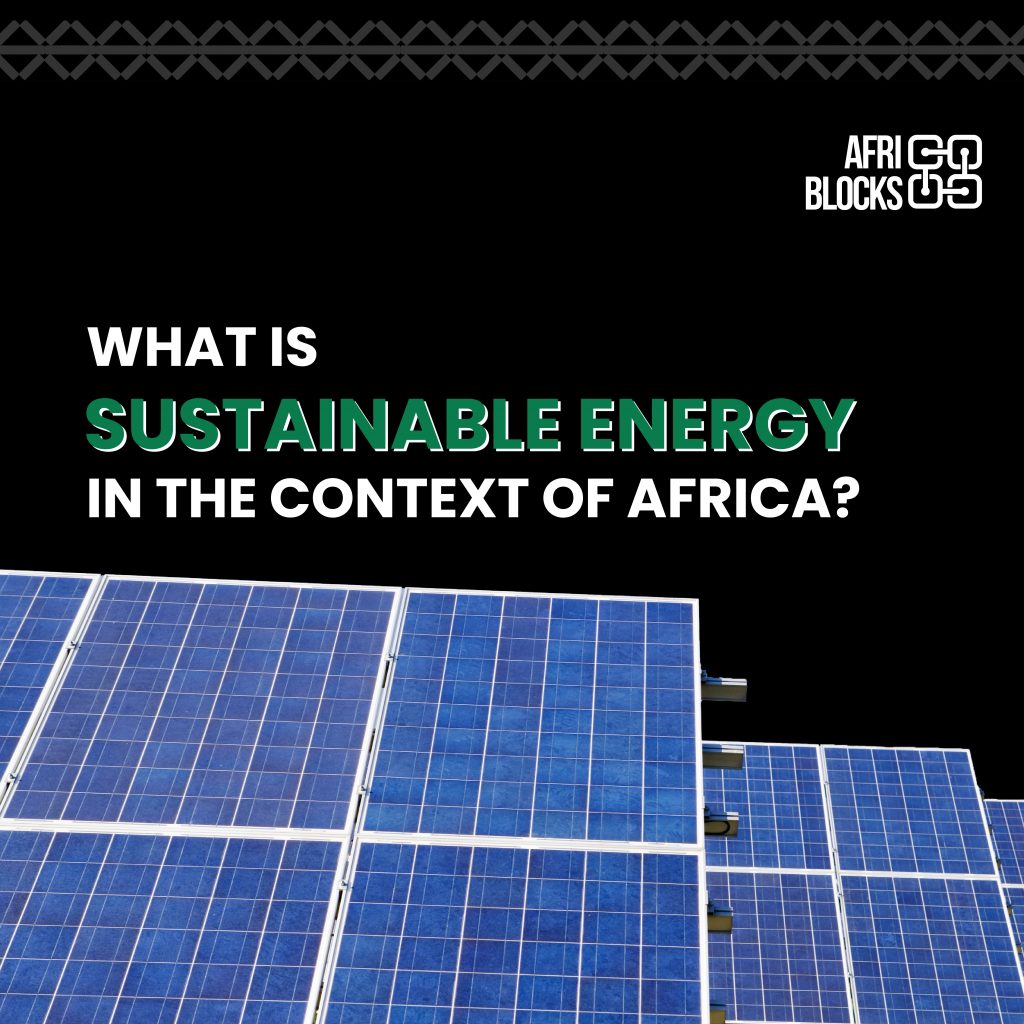
Taurai Minodawafa
Love is a concept that is often mentioned in everyday life. It is a word that comes with various definitions and interpretations. For many people, it is a part of nature, and hence it is a part of our existence. Yet, with love being a concept spoken about frequently, there is still a misunderstanding of what it is to love and how people can truly find their way in it. Addressing this is how Loving Honestly came to be.
“I called it Loving Honestly because the process of healing and working through trauma caused by damaged relationships requires a lot of self-reflection, honesty with oneself and self-understanding. Without being truly honest with ourselves, we cannot find the healing that we need,” says founder Zvisineyi Chiromo.
Loving Honestly started as a blog that featuring conversations about love and relationships. Through her content, Zvisineyi spoke to her audience about healing trauma from their relationships and understanding their situations, giving them the tools that they might need to address the challenges they face. Her work led to the evolution of Loving Honestly from a blog to Zvisineyi providing coaching services for people that need to confront uncomfortable truths in terms of their relationships, romantic or otherwise. The role of a relationship coach is to provide clients with the language they need to convey and understand their thoughts and emotions. To achieve this, Zvisineyi employs what she terms “deep coaching,” a method that provides a safe, supportive space for her clients while exploring their interpersonal relationships with depth. By allowing her clients to lean into the emotional pain that may stem from their relationships, Zvisineyi works with them through what she terms a “deconstructed healing process” to remedy the problem(s).
While helping people navigate through trauma caused by damaged relationships is the core business of Loving Honestly, enhancing working relationships is also a part of Zvisineyi’s coaching. Learning about ourselves and the relationships around us is a never-ending process, and a relationship coach can help you through the process of understanding better. It is important to note that a relationship coach is not a therapist, and the services offered by Loving Honestly should not be thought of as therapy, nor are they a substitute for treatment. It is a service simply designed to help people navigate interpersonal relationships and make sense of the emotions they carry from these relationships.
Marketing and client exposure are key aspects to the growth of any business, and being visible on social media gives one market access. For this reason, Zvisineyi tapped AfriBlocks for help from a freelancer in this area. “When I decided that my brand had to evolve from being a blog about relationships to being a commercial business that provides coaching services, I knew that I needed a team around me to help me make that transition,” says Zvisineyi. “AfriBlocks provided me with a professional social media manager to help me with the transition towards being a fully commercial entity.”
Zvisineyi is currently working towards obtaining a Master’s in Marriage and Family therapy, a qualification she hopes will help her provide her clientele with more comprehensive services. Having grown up in a culture that doesn’t focus on personal relationships but rather on community-based ones, Zvisineyi seeks to change the way people approach their relationships. Many people end up stuck in unhealthy relationships to keep up appearances, though the quality of the bond could be questionable. Whether it is a romantic relationship or the relationship between parents and their children, there is a tendency to hide the truth and maintain a facade of perfection. Zvisineyi explains, “Culture is important, and it is not culture that needs to be changed but there is a need to change the negative aspects of our culture that affect how we participate in relationships.”

